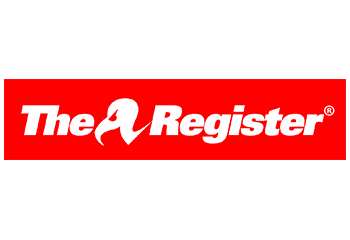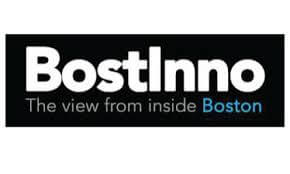Big iron array vendor INFINIDAT has made its third major software release, adding compression, baked-in iSCSI support and enhanced array analytics. The company’s architecture has 3 controller nodes, which each can see all the drives, and eschews an all-flash design, relying instead on up 1.2TB – 3.2TB of DRAM caching, 24TB to 210TB of NAND cache, and up to 480 x 7,200rpm disk drives. The system offers seven “nines” of uptime year – 99.99999 per cent availability. There are now four Infinibox arrays in the range:
F1000 with up to 115TB of usable capacity, 3GB/sec bandwidth and 300,000 IOPS
F2000 with 248TB – 499TB of usable capacity, 7GB/sec bandwidth and 500,000 IOPS
F4000 with 682TB – 1,024TB of usable capacity, 10GB/sec bandwidth and 750,000 IOPS
F6000 with 1,035TB – 2,765TB of usable capacity,12.5GB/sec bandwidth and 1,000,000 IOPS
The entry-level F1000 arrived in August this year.






